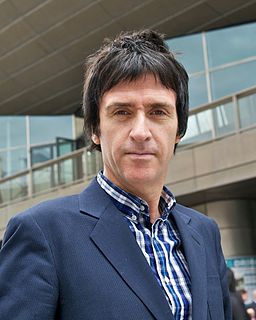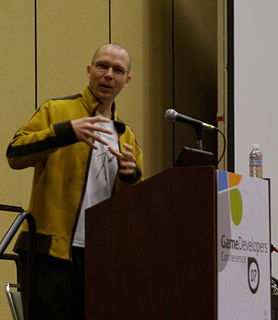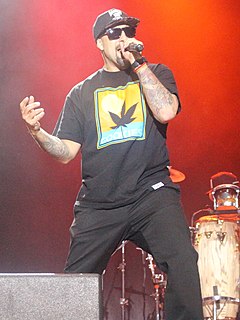A Quote by Jason Isbell
Early on, I had to structure my ideas of success around things like, 'Can I go back and listen to the record months or years after I made it and still get some enjoyment out of it?' Or 'Have I said what I wanted to say on this album? Did it connect with people on a personal level, even if it's a small number of people?'
Related Quotes
I haven't been walking around for years with some burning desire to do a solo record. If I had, maybe I'd have made a record that was experimental. Usually, the idea of a solo record is to get some weird stuff out of your system, but I don't think like that. I wasn't interested in making something that was a hard listen - maybe I'll get around to that some other time. I wanted it to sound effortless, not like I was trying to reinvent the wheel.
I know a lot of bands that will make their first record and get to a certain level, and then when the second record comes out, they can start where they left off as a headlining act playing in front of a certain number of people, or they can go back out and make a lot less money and open for people. I feel like if you go out and just go right back into that headlining stuff, you're playing to the converted.
Well, Led Zeppelin IV! That's it really. I'll tell you why the album had no title - because we were so fed up with the reactions to the third album, that people couldn't understand why that record wasn't a direct continuation of the second album. And then people said we were a hype and all, which was the furthest thing from what we were. So we just said, `let's put out an album with no title at all!' That way, either people like it or they don't... but we still got bad reviews!
What people generally tell you is, "We'll all agree," and then once you sign, they expect to get their own way. I think it was a bit of a surprise that I was still very headstrong even after signing. I wasn't so happy to get a deal that I would agree to anything. In fact, I disagreed on most things and got my way on most things, which I think was to all of our benefit. But they wanted the record to come out, and I wanted the record to come out, so we had to work together.
What's interesting to me is that in terms of people who I feel are getting what my game is about - and here I'm not even talking about what the elements of the story mean, like, whatever symbolism and metaphors and things are in there. But even the structure of the game, like, there's a fundamental structure and reasons in the way things are laid out, and parts of the game that are meant to draw people's attention to certain things, regardless of what's contained in that structure. And what's interesting to me is that some people get that, and some people don't.
I wanted to make a record with a twist. I wanted to prove that you could make a record that concentrated on song craft but that was still fun, something you could listen to and love and even dance to, but not hate yourself in the morning. I think I did that. Most of my lyrics come from my own personal journals that I have kept over the years.
Obviously yeah, but our first album took us five years to put together, to get signed and to put it out, we had a lot of time to think about what we were doing. Black Sunday was like a whirl wind, we had to rush back to the studio after touring, but the last album we had a little longer, what like eight months?
Things like, people saying the new album would debut at number one on the Billboard Charts in the U.S. and I said, "No it's gonna be number Three." Because Number 3 is a very powerful number on the album. It's repeated quite often. Then it did chart an Number 3. Was it a coincidence you decide. If your in touch with your subconscious, you can really use it to your advantage
I know a lot of bands that will make their first record and get to a certain level, and then when the second record comes out, they can start where they left off as a headlining act playing in front of a certain number of people, or they can go back out and make a lot less money and open for people.
A lot of people are like, "Oh, it's so much easier to be a supermodel now because you have Instagram. You don't even need an agency anymore." But that's just not true. I still had to go to all the castings, I still had to go meet all the photographers, I still had to do all of that to get to where I am now. There wasn't a step taken out just because I had social media. I still have 12-hour days, I still have even 24-hour days sometimes; I still have to do all those things. We don't work any less hard than the '90s models did when they were young.
I think on the first album, my aim was to write a good song and have a good melody, and I wanted lyrics that would connect with as many people as possible. On the second album, I took a lot more of a personal approach. I wasn't trying to make conventional, structured songs; I was really trying to get a lot of emotion and my own personal journey throughout it. I just focused more on being honest than getting the normal song structure down.


































